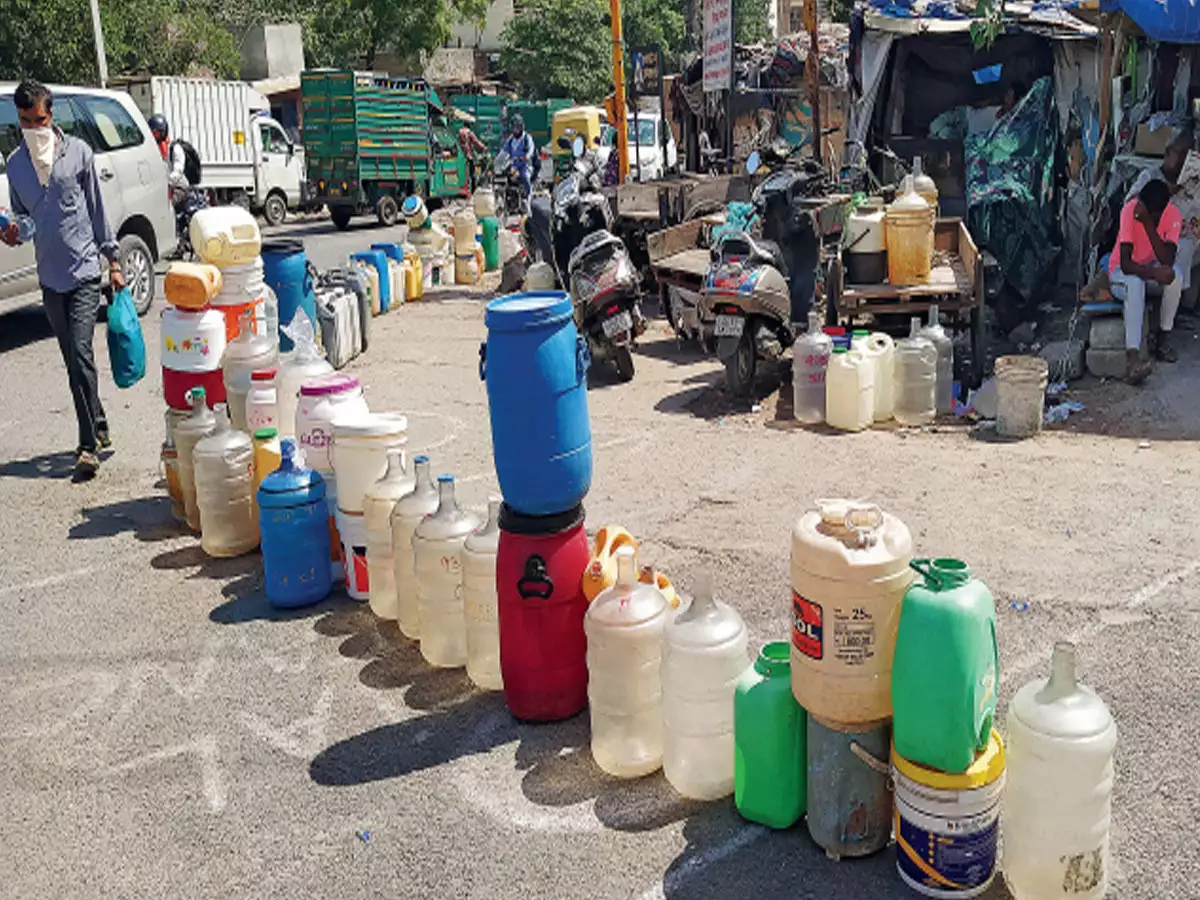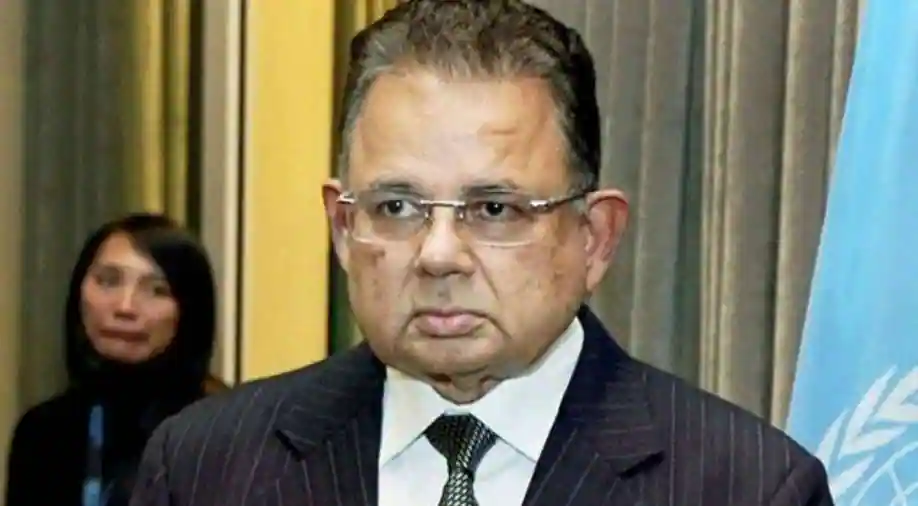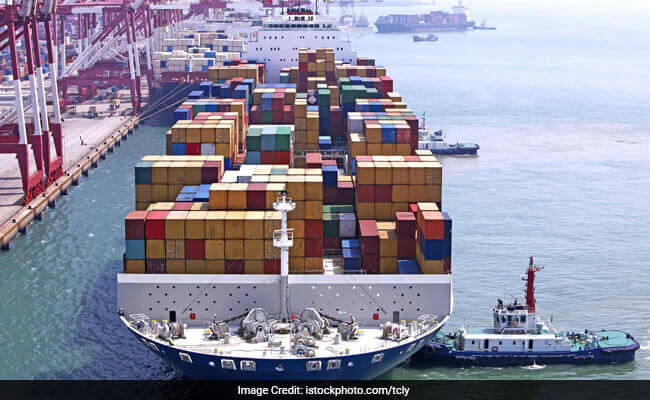The marital rape, forceful intercourse with the spouse not only affects the wife’s physiologically but also psychologically says the Karnataka High Court
India records, more than 3,70,000 cases of crimes against women reported in 2020, according to the National Crime Records Bureau (NCRB).
The report by NCRB said, “Majority of cases were recorded were by the husband or his relatives which were 30.2 percent, followed by an assault on women with intent to outrage modesty 19.7 percent, kidnapping and abduction of women 19 percent and rape 7.2 percent”.

A survey conducted by National Family Health Survey (NFHS)-4 in 2018, said on the basis of 6,28,900 households, that sexual violence among married women aged between 15-49 is over 83 percent by their current husband and 9 percent by the ex-husband.
Around 5.4 percent of women claimed that their husbands used physical force to have sexual intercourse with them against their will. 4 percent reported that their husband forced them with threats or in other ways to perform sexual acts they did not want to, and 3% reported that their husband forced them to perform other sexual acts they did not want to.
With such data on surfacing, sexual consent becomes important, and criminalizing marital rape becomes the need of an hour.
Marital rape is also known as spousal rape, is the act of having sexual relations with one’s spouse without the spouse’s consent.
But it is still not yet criminalized in India, it is considered in the category of violence and crime against women but not under the charge of rape, which is under the Indian Penal code (IPC) 375 which defines rape.
Section 375 of the Indian Penal Code which defines rape has an exemption to that, “Sexual intercourse or sexual acts by a man with his own wife, the wife not being under eighteen years of age, is not rape”.
On 22 January, Justice C Hari Shankar of Delhi High court, who is a part of a bench headed by Justice Rajiv Shakdhar, reminded Rebecca John, appointed as amicus curiae to assist the court on the petitioners seeking to criminalize marital rape, “there is a right to expect sexual relations from both sides in a marriage, there is no such right when the parties are not married”. He also added, “too much attention is being given to wife’s consent”.
On the contrary, Karnataka High Court’s path-breaking judgment of refusing to quash the wife’s rape charges against her husband came on March 23.
“A man is a man; an act is an act; rape is a rape, be it performed by a man the ‘husband’ on the woman ‘wife’,” said, a single-judge bench of Justice M Nagaprasanna.
The court defended the marital rape issue with arguments that, forceful intercourse not only affects the wives physiologically but also psychologically.
The court said, that, “The institution of marriage does not confer, cannot confer and in my considered view, should not be construed to confer, any special male privilege or a licence for unleashing of a brutal beast. If it is punishable to a man, it should be punishable to a man, albeit, the man being a husband”.
The court was hearing the matter from the 2017 petition, the petitioner accused her husband of sodomy, aggravated sexual harassment assault of her 9-year-old daughter, domestic violence, causing hurt. On completing their investigation, the police added section 376 of IPC which relates to punishment for rape, and sections 5 (m) and (l) and section 6 of the Protection of Children from Sexual Offences Act, which relate to repeated penetrative sexual assault. She also alleged her husband forced her to have unnatural sex in front of their daughter.
“A brutal act of sexual assault on the wife, against her consent, albeit by the husband, cannot but be termed to be a rape. Such sexual assault by a husband on his wife will have grave consequences on the mental sheet of the wife, it has both psychological and physiological impacts on her. Such acts of husbands scar the soul of the wives. It is, therefore, imperative for the lawmakers to now hear the voices of silence,” Justice Nagaprasanna said.
Indian Government Stand
In 2017, the Union Government in its written submissions to the Delhi High Court mentioned, “India has its own unique problems due to various factors like literacy, lack of financial empowerment of the majority of females, the mindset of the society, vast diversity, poverty, etc. and these should be considered carefully before criminalizing marital rape”. The Delhi government has also defended the law, saying that women, who may be raped by their husbands, have other legal recourses such as filing for divorce or registering a case of domestic violence.
In 2016, Maneka Gandhi, then-minister for child and women development, stated that the international concept of marital rape could not be applied to India due to the country’s high levels of illiteracy and poverty.
International status
According to Indian Express, as of 2019, marital rape was illegal in 150 countries. However, laws in some countries, particularly those that inherited the 1860 Indian Penal Code (such as Singapore, India, Bangladesh, and Sri Lanka), state that forced intercourse within a marriage is not considered rape. In some countries, such as Bangladesh and India, marital rape is legal only if the wife is under a certain age. In others, such as Sri Lanka, spousal rape is legal only if the spouses are legally separated. However, there are a few exceptions in most countries that do not criminalize marital rape, and the expectation is that while domestic battery should be illegal, forced intercourse should not be.














